
Intranasal insulin shows promise in targeting memory regions of the brain, offering new hope for Alzheimer disease treatment in older adults.

Intranasal insulin shows promise in targeting memory regions of the brain, offering new hope for Alzheimer disease treatment in older adults.

Older adults in the United States continue to be burdened with disproportionate rates of community-acquired pneumonia hospitalizations, including due to serotypes covered in the recently approved V116 vaccine.
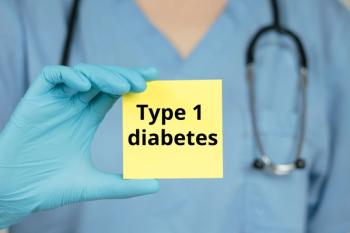
Jennifer Goldman, PharmD, CDCES, BC-ADM, FCCP, explains the different stages of type 1 diabetes, teplizumab’s use, and emphasizes the pharmacist’s role in care.

Discover effective strategies for managing obesity to enhance cardiovascular health, including innovative treatments and the vital role of pharmacists.

Pharmacists should consider GLP-1 receptor agonists as second-line agents in older adults with DKD when additional glycemic control is needed.

Alabama's new law boosts independent pharmacies by ensuring fair PBM reimbursements, while Nevada sets a precedent for expanding pharmacist health care roles.
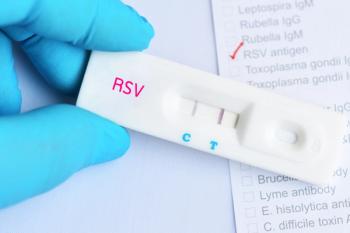
RSV poses a serious risk to older adults in long-term care, highlighting the need for effective outbreak management and infection control strategies.

Discover effective strategies for managing opioid-induced constipation, including the role of PAMORAs and pharmacist involvement in pain management.

Pharmacists play a crucial role in managing headaches in patients on complement inhibitors for PNH, ensuring proper education and risk mitigation strategies.
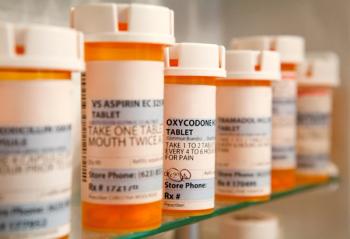
The FDA intends to update opioid labels to highlight risks of addiction, overdose, and interactions, enhancing safety in pain management practices.
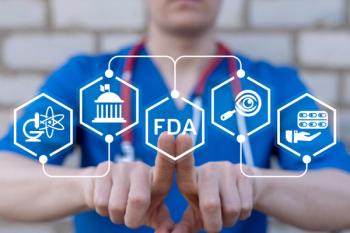
The FDA approves dordaviprone, the first systemic therapy for H3 K27M-mutant diffuse midline glioma, offering hope for patients with limited options.

Recommending and administering vaccines is a critical part of medication therapy management.

The FDA targets 7-hydroxymitragynine, a potent kratom derivative, as a controlled substance due to its opioid-like effects and rising health risks.

Promoting heart health in children reduces obesity and chronic disease risks, ensuring better overall well-being into adulthood.

Amid dropping vaccination rates, pharmacists are key to educating parents and assuaging concerns.

AI-driven analysis reveals guarana offers more sustained cognitive stimulation than caffeine, due to additional bioactive compounds and slower caffeine release kinetics.

Inclisiran was found to have a lower risk of new-onset diabetes compared with other low-density lipoprotein cholesterol (LDL-C)-lowering therapies.
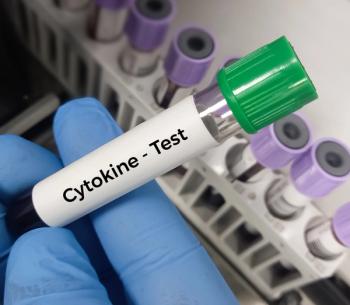
The FDA expands tocilizumab-anoh's approval for treating cytokine release syndrome (CRS), enhancing treatment options for patients aged 2 and older.

The FDA approved fremanezumab for pediatric migraine prevention, offering a new treatment option for children and adolescents aged 6 to 17 years.
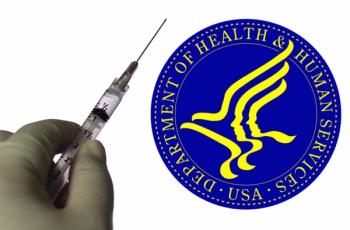
Secretary Robert F. Kennedy Jr announced the cancellation of 22 mRNA vaccine technology investments, alleging the vaccines lacked effectiveness against respiratory diseases.

The bill promises lower drug costs and greater innovation, but critics still have concerns.

Another bill, another day for the erosion of pharmacy benefits as a means of affording a prescription.

Brad Cochran of Cardinal Health explains the One Voice Initiative, which aims to bolster independent pharmacies.

Donanemab-azbt shows sustained benefits in slowing cognitive decline in Alzheimer disease, emphasizing the value of early intervention and treatment.

New research highlights a surge in pediatric pneumococcal pneumonia cases post COVID-19, urging a shift toward supportive treatment strategies.

Explore effective strategies for safely discontinuing benzodiazepines and sedative-hypnotics, addressing risks and enhancing patient care in older adults.

Collaborating with local organizations strengthens trust and can influence vaccination uptake.

Research reveals body fat percentage and waist circumference are more accurate predictors of mortality risk than BMI, highlighting flaws in traditional weight assessments.
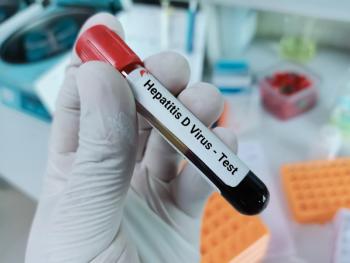
WHO reclassifies hepatitis D as carcinogenic, urging global action to combat viral hepatitis and reduce liver cancer risk.

Continuing a trend observed since the end of the COVID-19 pandemic, vaccine coverage among kindergartners declined in the 2024-2025 school year, according to CDC data.